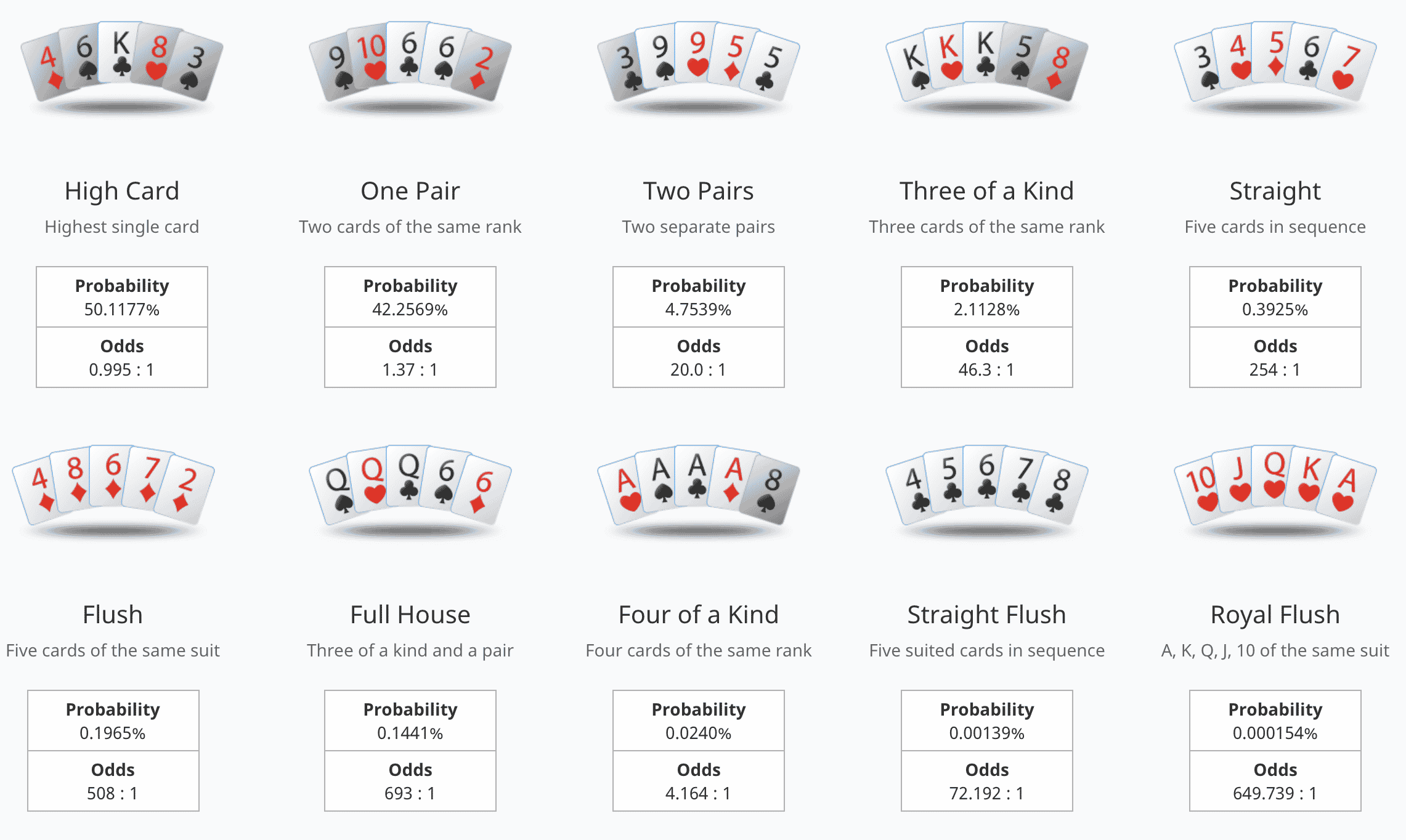Understanding Poker Odds and Probabilities
When it comes to poker, understanding odds and probabilities is essential for making informed decisions and improving your overall gameplay. Whether you’re a beginner or a seasoned pro, having a solid grasp of the math behind the game can give you a significant advantage at the table. In this article, we’ll break down the basics of poker odds and probabilities, and provide some useful tips for incorporating these concepts into your strategy.
What are Poker Odds?
Poker odds refer to the likelihood of a particular event occurring during a hand of poker. These events can include things like hitting a specific hand or winning the pot. Understanding odds allows players to calculate the potential risks and rewards of different actions, such as calling a bet or raising the stakes.
Calculating Poker Probabilities
Probability is a mathematical concept that provides a numerical measure of the likelihood of a specific outcome. In poker, understanding probabilities can help players make more informed decisions about their hands. By calculating the chances of certain cards coming up, players can determine the best course of action based on the potential outcomes.
Common Poker Probabilities
There are several key probabilities that every poker player should be familiar with, including:
The probability of hitting a specific hand on the flop, turn, or river
The probability of winning a hand based on the cards in play
The probability of an opponent holding a certain hand based on their actions
Using Odds to Inform Your Strategy
By incorporating odds and probabilities into your strategy, you can make smarter decisions at the poker table. For example, if you know the odds of hitting a flush on the river are 1 in 5, you can calculate whether the potential payout justifies the risk of chasing that flush. Likewise, understanding the probability of your opponent holding a strong hand can help you decide whether to fold, call, or raise.
Practical Tips for Using Odds in Gameplay
Here are some practical tips for incorporating odds and probabilities into your poker strategy:
Learn basic poker math, including the odds of hitting different hands and the probability of winning based on your cards.
Use poker software or online tools to help calculate odds and probabilities in real-time.
Practice estimating odds and making quick calculations during gameplay to improve your decision-making skills.
Conclusion
Understanding poker odds and probabilities is a crucial skill for any serious poker player. By mastering the math behind the game, you can make more informed decisions, increase your chances of winning, and take your gameplay to the next level. Whether you’re a casual player or a dedicated pro, incorporating these concepts into your strategy can give you a competitive edge at the table.
